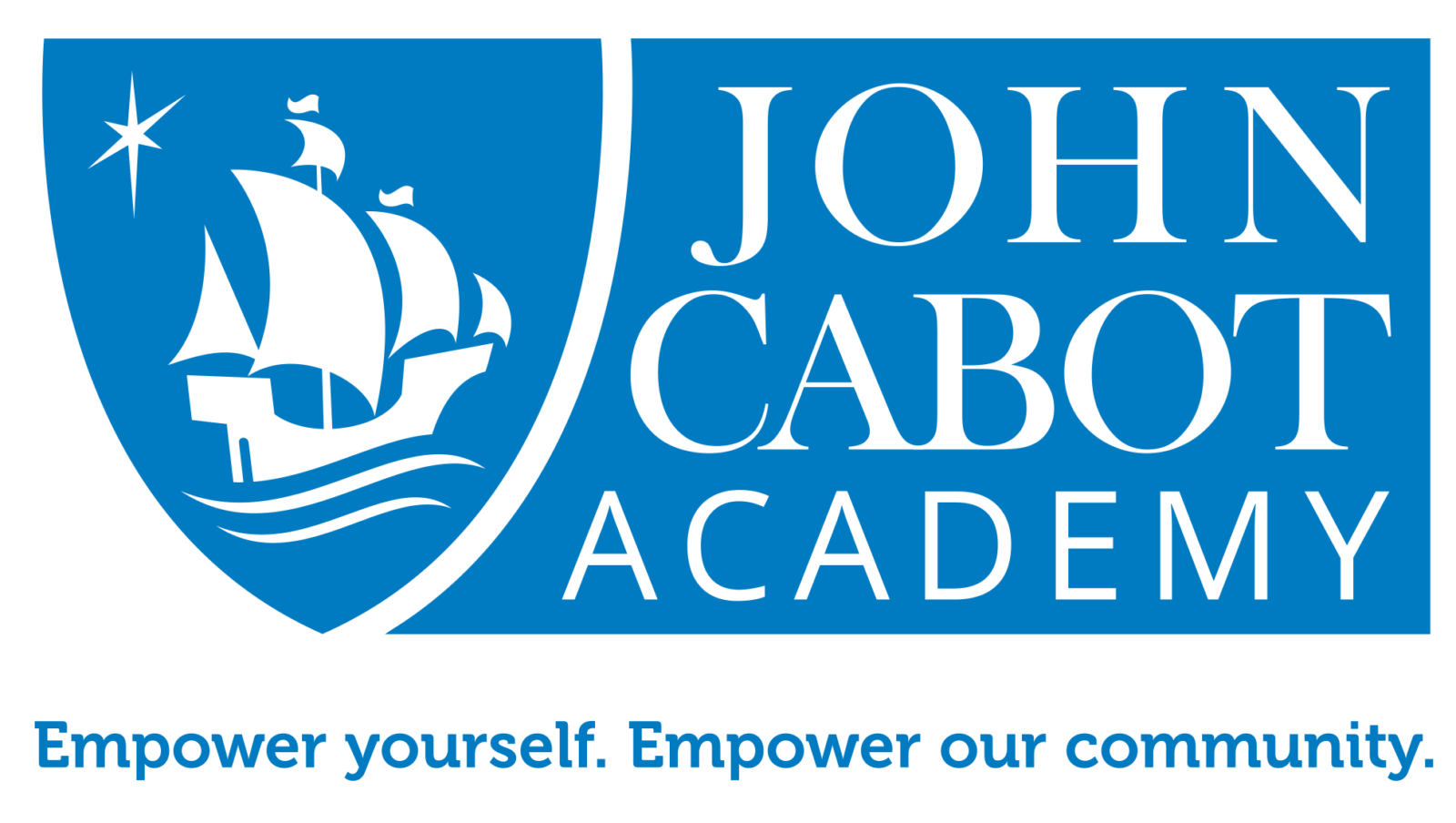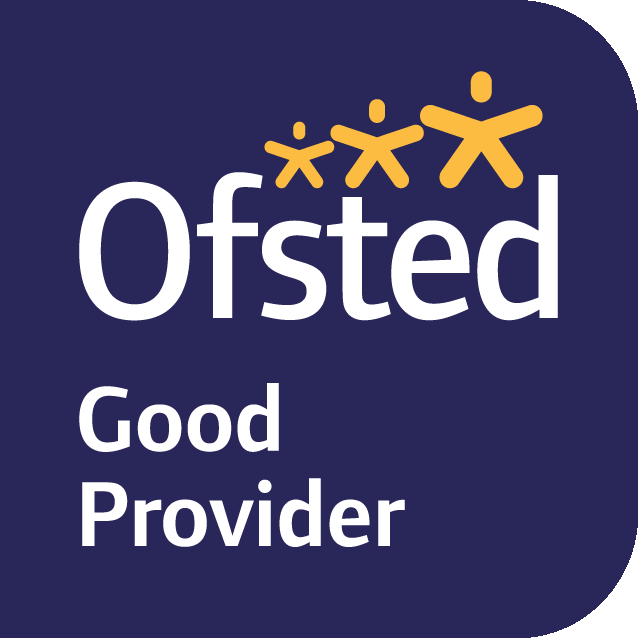PSHE and RSE
Subject intent
John Cabot Academy is committed to providing a high-quality PSHE educational experience for all of our pupils. Our curriculum determines and underpins the whole ethos of our school and our wider federation. At John Cabot, our personal, social, health and economic education (PSHE) curriculum brings together citizenship with personal well-being, whilst promoting fundamental British values. Although PSHE is taught through discrete fortnightly lessons, it underpins all wider school activities: assemblies, educational visits and extra-curricular clubs. It is intended that we will offer a cohesive whole-school approach which enables our children to become healthy, happy, confident, independent and responsible members of society both now and in their adult lives.
To embrace the challenges of creating a fulfilling and successful adult life, students need knowledge that will enable them to make informed decisions about their wellbeing, health and relationships and to build their self-agency. Pupils can put this knowledge into practice as they develop the capacity to make sound decisions when facing risks, challenges and complex contexts. PSHE can support young people to develop resilience, to know how and when to ask for help, and to know where to access support.
The statutory RSHE that Relationships and Sex Education is compulsory for all pupils receiving secondary education. It also means that Health Education is compulsory in all schools.
Implementation
PSHE is taught during stand-alone fortnightly lessons. In addition, PSHE is delivered across the school during science lessons, tutor groups, assemblies, school clubs, school events and safety days.
Children are taught:
To develop the knowledge, understanding and skills they need to manage their lives now and in the future.
- Opportunities to explore, clarify and if necessary challenge, their own and others’ values, attitudes, beliefs, rights and responsibilities.
- The skills, language and strategies they need in order to live healthy, safe, fulfilling, responsible and balanced lives.
- Opportunities to develop positive personal attributes such as resilience, self-confidence, self-esteem, and empathy.
In KS3 and KS4:
We use the PSHE Association and EC Publishing to inform our curriculum planning. Topics included in the programme of study are:
- Local and national priorities (safety days)
- Healthy lifestyles
- Growing and changing
- Keeping safe
- Feelings and emotions
- Healthy relationships and sex education
- Valuing difference
- Rights and responsibilities
- Environment and money
Impact
Students will demonstrate a healthy outlook towards school life and beyond. This is evident when good behaviour is seen across the whole school, at home and in the wider community. As a result of this, children will be able to achieve age-related expectations across the wider curriculum. Teachers assess pupil’s progress using the PSHE Association guidelines and pupil voice is used to measure our students’ understanding.
Children will be able to demonstrate and apply the British Values of:
- Democracy
- Tolerance
- Mutual Respect
- Rule of Law
- Liberty
Furthermore, the impact of our PSHE programme can be seen in the children’s social interactions, after-school club attendance and school council representatives. There will be a reduction in the number of safeguarding incidents and CPOMs entries.
Brief overview of thinking behind KS3/4 cumulation and progression of knowledge
At key stage 3, JCA students build on the knowledge and understanding, skills, attributes and values they have acquired and developed during the primary phase.
PSHE/RSE education acknowledges and addresses the changes that young people experience, beginning with transition to secondary school, the challenges of adolescence and their increasing independence.
It teaches the knowledge and skills which will equip them for the opportunities and challenges of life. JCA students learn to manage diverse relationships, their online lives, and the increasing influence of peers and the media.
At key stage 4, JCA students deepen knowledge and understanding, extend and rehearse skills, and further explore attitudes, values and attributes acquired during key stage 3.
JCA PSHE/RSE education reflects the fact that students are moving towards an independent role in adult life, taking on greater responsibility for themselves and others.
Resources are available upon request.
For further DFE information please click here.
Curriculum plan



